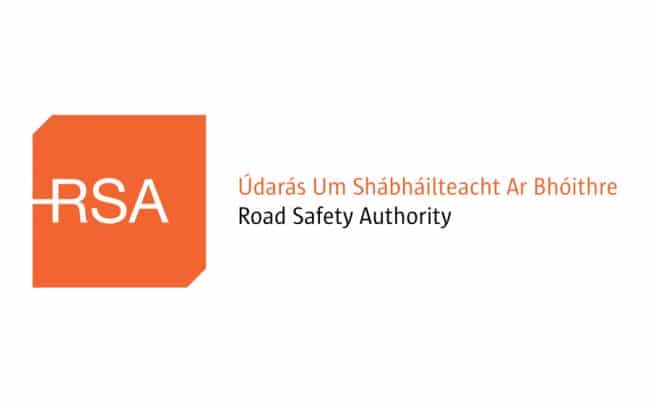Cannabis most prevalent drug detected; increased level of cocaine positivity in specimens tested by MBRS. Gardaí report 11% increase in drug driving incidents in first 3 months of 2021
It comes as new figures from the MBRS (Medical Bureau of Road Safety) show a 37% rise in the number of blood and urine specimens for drugs testing in 2020 compared to 2019. Of the 4,435 blood and urine specimens tested for drugs, almost three-quarters (72%) were found to be positive for at least one drug. Cannabis remains the most prevalent drug detected, with 3 in 5 tests returning a positive result for the drug. Analysis also shows increased detection of cocaine use, with between 30% – 40% of specimens provided testing positive for cocaine.
An Garda Síochána figures for the full year 2020 saw 3,988 incidents of Drug-Driving. The figure for 2021 up to 31 March 2021 is 997 incidents. This compares to 899 up to the same period last year. This represents an 11% increase in drug driving incidents in the first three months of 2021 compared to the first three months of 2020.
Professor Denis Cusack, Head of the Medical Bureau of Road Safety said: “The high level of enforcement seen last year has continued into 2021. Similar increased numbers of specimens are being received by the Bureau for drugs analysis in the first three months of this year compared to the same time period in 2020. While cannabis continues to be the most prevalent drug detected, the increase in specimens testing positive for cocaine is worrying. Benzodiazepines, which include many prescribable anti-anxiety medications, continue to be a concern too with about 20% of specimens screened last year resulting in a positive test for benzodiazepines.”
Professor Cusack added that, “If taking prescription medication, drivers need to follow the advice of their prescribing doctor and dispensing pharmacist and must be aware of the level of potential impairment, even temporary, that the medication may cause. This is particularly important if the dosage or brand of that medication is altered. If you are in any doubt, speak to your doctor or pharmacist about your concerns.”
Despite lockdowns and less traffic on our roads in 2020 detections of drug driving increased with 3988 drug driving arrests, however on a positive note, to date in 2021, a total of 21 people have died on Irish roads, 25 less than the same period in 2020.



